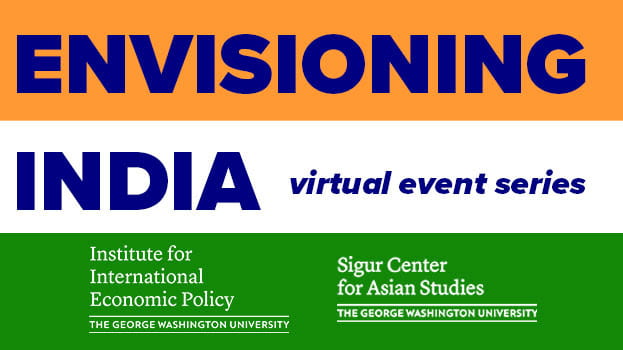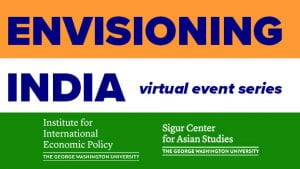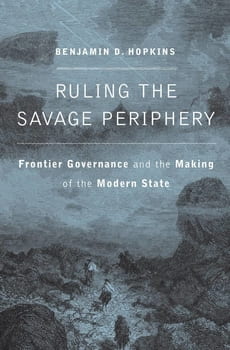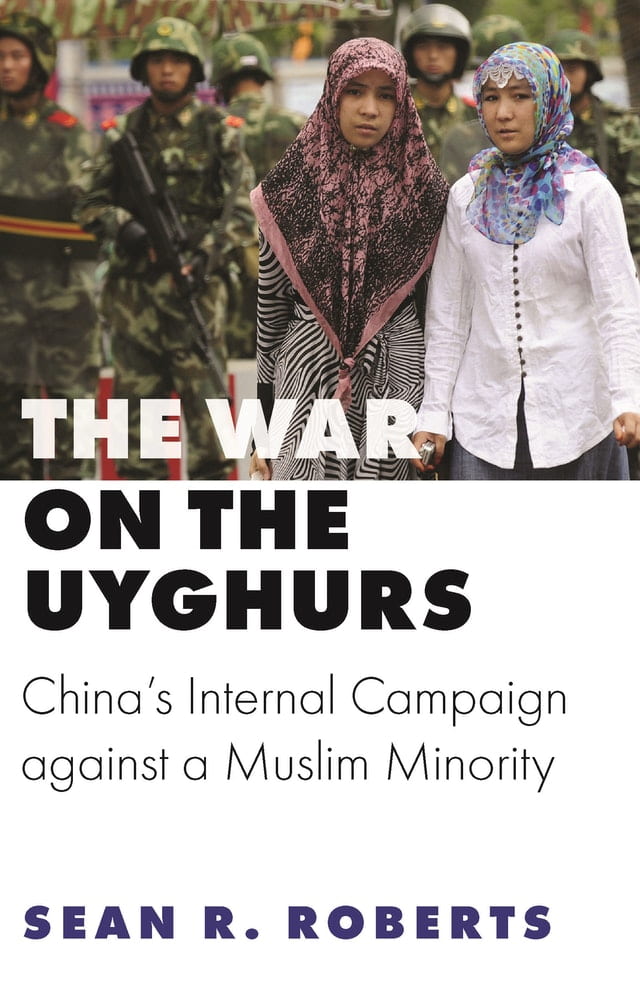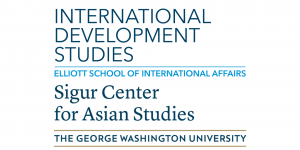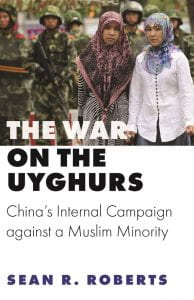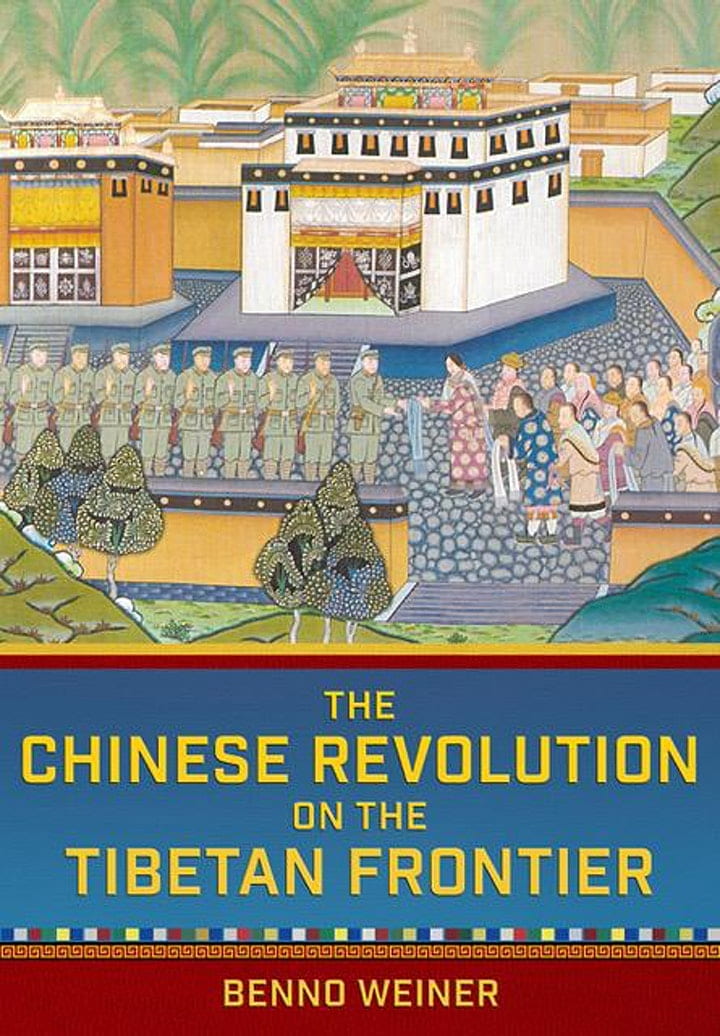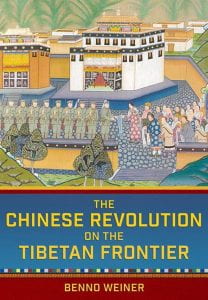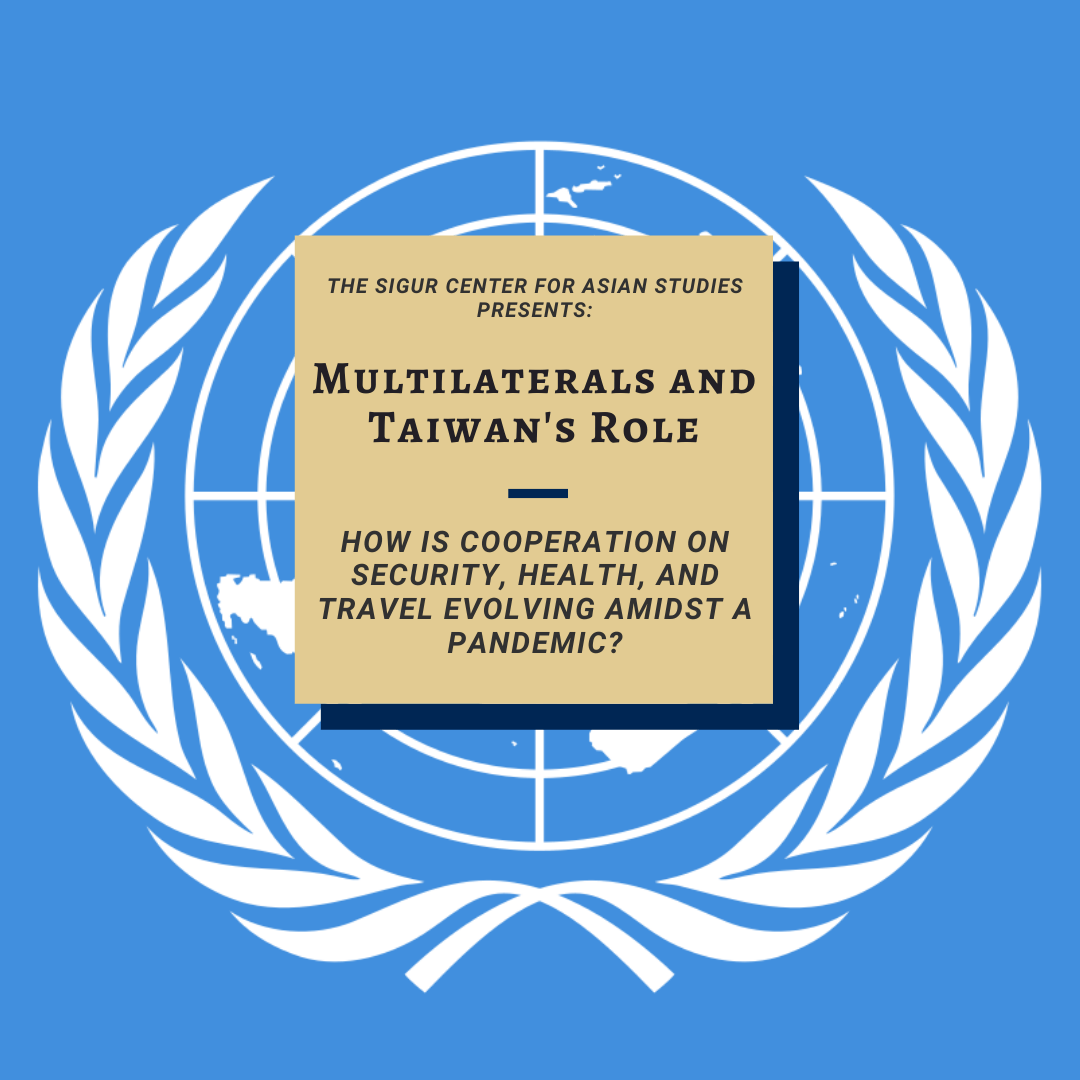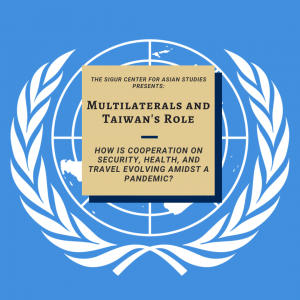This is the first forum in the “Envisioning India” Series organized by IIEP Director James Foster and Distinguished Visiting Scholar Ajay Chhibber. The series is co-sponsored by the Institute for International Economic Policy. The first talk in the Envisioning India Series is “Fiscal Dominance: A Theory of Everything in India” and will feature Viral V. Acharya of NYU-Stern.
Financial stability is perhaps the most important prerequisite for stable growth. It is surprisingly also the most compromised one. Encouraging cheap credit and rapid balance-sheet growth in the financial sector is a temptation that many governments find hard to resist to register well on the short-run growth scorecard. Post-1991 reforms, India undertook an upward and onward march in economic progress for close to two decades. Since then, the lack of financial stability has emerged as its Achilles’ heel. The reasons for this are many, but a first and foremost contributor has been the increasing dominance of banking and financial sector regulation by the unyielding deficit situation of the consolidated government balance sheet. Reining in this fiscal dominance requires not just a strengthening of the institutional framework of financial sector regulation, but also the right balance between the role played by the government, the central bank, the markets, and the private sector in the economy.
About the Speaker:
Viral V. Acharya is the C.V. Starr Professor of Economics in the Department of Finance at New York University Stern School of Business (NYU-Stern) and an Academic Advisor to the Federal Reserve Banks of New York and Philadelphia. Viral was a Deputy Governor at the Reserve Bank of India (RBI) from 23rd January 2017 to 23rd July 2019 and in charge of Monetary Policy, Financial Markets, Financial Stability, and Research. His speeches while at the RBI were released at the end of July 2020 as Quest for Restoring Financial Stability in India (SAGE Publications India), with a new introductory chapter “Fiscal Dominance: A Theory of Everything in India.” Viral completed a Bachelor of Technology in Computer Science and Engineering from the Indian Institute of Technology, Mumbai in 1995, and Ph.D. in Finance from NYU-Stern in 2001. Prior to joining Stern, he was at London Business School (2001-2008), the Academic Director of the Coller Institute of Private Equity at LBS (2007-09), and a Senior Houblon-Normal Research Fellow at the Bank of England (Summer 2008). Viral’s primary research interest is in theoretical and empirical analysis of systemic risk of the financial sector, its regulation, and its genesis in government-induced distortions, an inquiry that cuts across several other strands of research – credit risk and liquidity risk, their interactions, and agency-theoretic foundations, as well as their general equilibrium consequences. He has published articles in the American Economic Review, Journal of Finance, Journal of Financial Economics, Review of Financial Studies, Review of Finance, Journal of Business, Journal of Financial Intermediation, Rand Journal of Economics, Journal of Monetary Economics, Journal of Money, Credit and Banking, and Financial Analysts Journal. He is currently associate editor of the Review of Corporate Finance Studies (2011-) and Review of Finance (2006-), and was an editor of the Journal of Financial Intermediation (2009-12) and associate editor of the Journal of Finance (2011-14).
About the Discussants:
Liaquat Ahamed is the author of the critically acclaimed best-seller, Lords of Finance: The Bankers Who Broke the World, about central bankers during the Great Depression of 1929-1932. The book won the 2010 Pulitzer Prize for History, the 2010 Council on Foreign Relations Arthur Ross Gold Medal, and the 2009 Financial Times-Goldman Sachs Best Business Book of the Year Award. Ahamed was a professional investment manager for twenty-five years. He has worked at the World Bank in Washington, D.C., and the New York-based partnership of Fischer Francis Trees and Watts, where he served as chief executive. He is currently a director of the Putnam Funds. He is on the board of trustees of the Journal of Philosophy, the Sun Valley Writers’ Conference, and a former trustee of the Brookings Institution and the New America Foundation. He has degrees in economics from Harvard and Cambridge.
Rakesh Mohan is one of India’s senior-most economic policymakers and an expert on central banking, monetary policy, infrastructure, and urban affairs. Most recently he was executive director at the International Monetary Fund in Washington, D.C., representing India, Sri Lanka, Bangladesh, and Bhutan, and chairman of India’s National Transport Development Policy Committee, in the rank of a Minister of State. He is also a former deputy governor of the Reserve Bank of India. As deputy governor, he was in charge of monetary policy, financial markets, economic research, and statistics. In addition to serving in various posts for the Indian government, including representing India in a variety of international forums, such as Basel and G20, Mohan has worked for the World Bank and headed prestigious research institutes. He is also Senior Advisor to the McKinsey Global Institute and Distinguished Fellow of Brookings India. Mohan has written extensively on urban economics, urban development, Indian economic policy reforms, monetary policy, and central banking.
This event is on the record and open to the public.
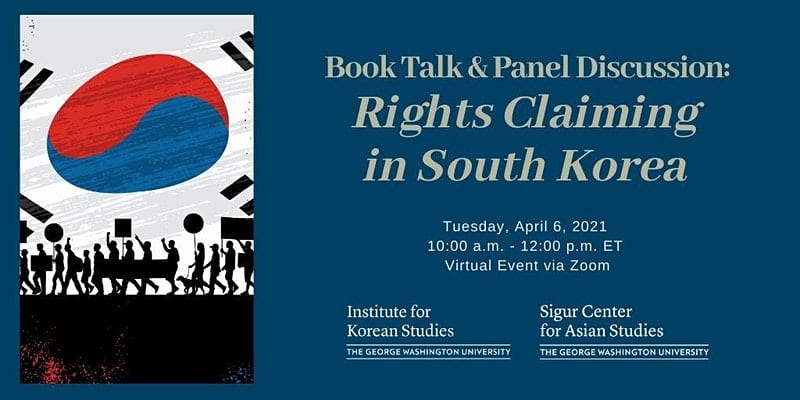


![[Sigur] Eventbrite Portrait SCLS 1 Pratap Bhanu Mehta Deepa Collage Portraits of Pratap Bhanu Mehta, former Vice-Chancellor of Ashoka University, and Deepa Ollapally, Associate Director of the Sigur Center for Asian Studies](https://sigur.elliott.gwu.edu/files/2021/01/Sigur-Eventbrite-Portrait-SCLS-1-Pratap-Bhanu-Mehta-Deepa-Collage-1-300x150.png)
